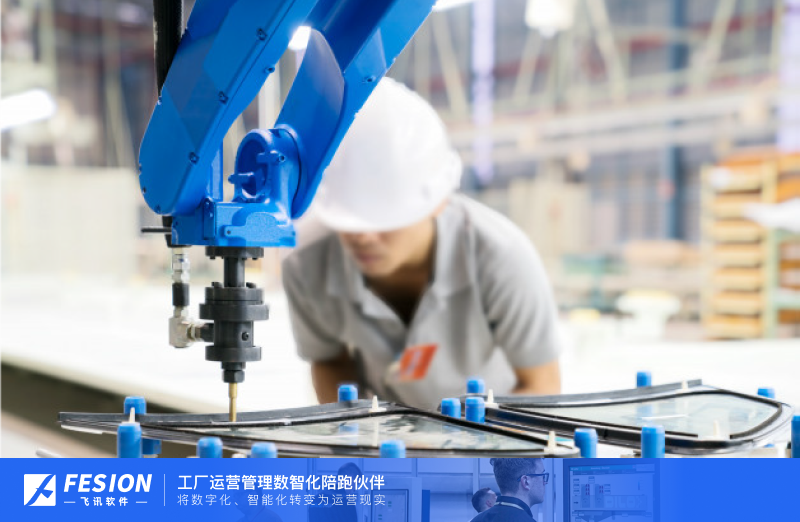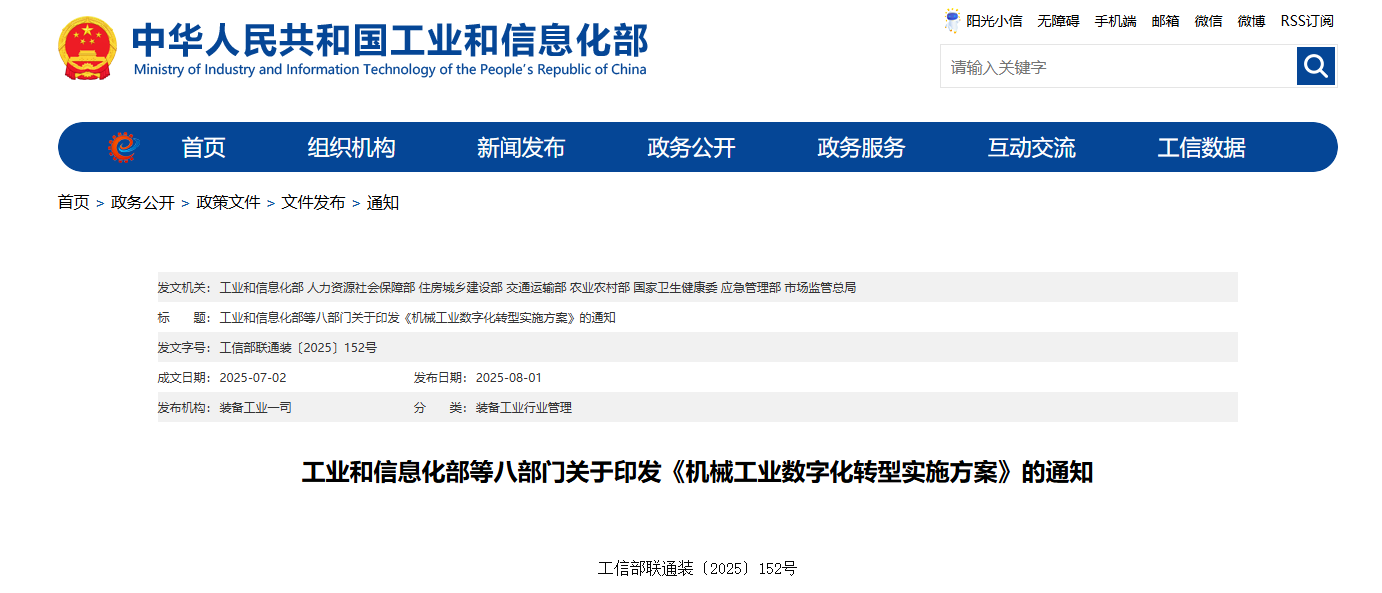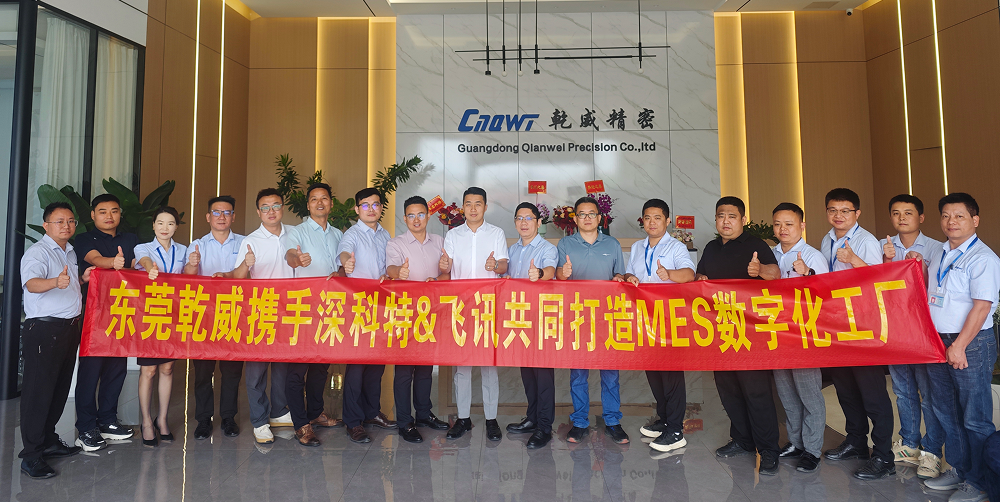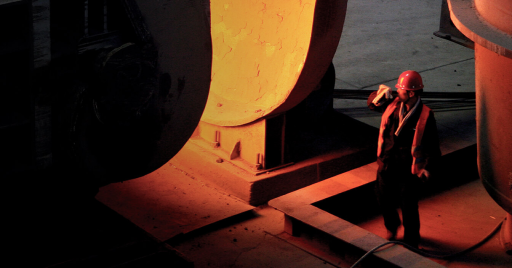MES系统如何提高机加工生产质量

Title: Enhancing Machining Production Quality with MES System: A Multidimensional Approach
Introduction:
In today's highly competitive manufacturing industry, ensuring high-quality production is crucial to gaining a competitive edge. One of the most effective ways to achieve this is by implementing a Manufacturing Execution System (MES). By integrating various aspects of the manufacturing process, an MES system can significantly enhance the quality of machined products. This article will explore how an MES system improves machining production quality from multiple perspectives.
1. Real-time Monitoring and Control:
One of the key benefits of an MES system is its ability to provide real-time monitoring and control of the machining process. With comprehensive data collection and analysis capabilities, operators can closely monitor every aspect of production, including machine performance, tool wear, and quality parameters. This real-time insight enables proactive decision-making and timely adjustments to optimize production quality.
2. Process Standardization and Documentation:
An MES system facilitates process standardization by capturing and documenting the best practices for each machining operation. It enables manufacturers to define standardized work instructions, tooling requirements, and quality checkpoints. By ensuring consistency across all production lines, an MES system minimizes variations and defects, leading to improved overall quality.
3. Quality Management and Traceability:
Quality management is a critical aspect of any manufacturing operation. MES systems enable rigorous quality control by providing comprehensive traceability throughout the production process. Each machined component can be tracked from the raw material stage to the finished product, ensuring that quality standards are met at every step. Additionally, any non-conforming parts can be quickly identified and isolated, preventing them from reaching the customer.
4. Preventive Maintenance:
Machine breakdowns and unexpected downtime can have a detrimental impact on production quality. An MES system helps mitigate these issues by implementing preventive maintenance strategies. By monitoring machine health and collecting data on usage patterns, an MES system can predict potential failures and schedule maintenance in advance. This proactive approach reduces the likelihood of unplanned downtime, preventing quality issues caused by equipment failures.
5. Data Analysis and Continuous Improvement:
Data analysis plays a crucial role in improving machining production quality. An MES system collects extensive data on various process parameters, machine performance, and product quality. By analyzing this data, manufacturers can identify trends, detect potential defects, and implement corrective actions promptly. These continuous improvement efforts, supported by the insights provided by an MES system, result in enhanced overall production quality.
6. Integration with Supply Chain:
An MES system can integrate seamlessly with the supply chain, allowing for better coordination and collaboration among stakeholders. By sharing real-time information, such as inventory levels, demand forecasts, and production schedules, manufacturers can optimize material planning and ensure timely delivery of raw materials. This integration reduces lead times and minimizes disruptions, ultimately enhancing production quality.
Conclusion:
In conclusion, an MES system offers numerous advantages in improving machining production quality. By providing real-time monitoring, standardization, and traceability, it enables manufacturers to maintain consistent quality standards throughout the entire production process. Additionally, preventive maintenance strategies and data analysis contribute to continuous improvement efforts, further enhancing overall quality. Lastly, integrating an MES system with the supply chain ensures smooth operations and timely delivery of materials, minimizing disruptions. By employing these multidimensional approaches, manufacturers can elevate their machining production quality and gain a competitive advantage in the market.
��Ѷ���������2006�꣬ӵ�������з����뿪��ƽ̨����һ�Ҽ���Ӫ�������졢�ɹ���ȫ��·���ǻ��������Ʒ����̺ͷ����̡���Ʒ�������ֻ����䡢����������������������˾��MRO��ERP��MES��WMS��CRM��SRM�Ȳ�ƷΪ������Ϊ�ͻ��ṩ���ǻ��������巽���滮��������ܷ�����Χ���������Ǻͳ����ǵ����������ڰ����ͻ������к�ʵ�ʳ������ɴ��С��ɴ��µ����ֻ���Ӫ��ϵ�������������Ϣ�����������ֻ��;������ܻ��������⣬Ϊ��ͬ��ҵ����ͬ��ʵ�ֲ�ͬ�ľ�ӪĿ�ꡣ























请先 登录后发表评论 ~